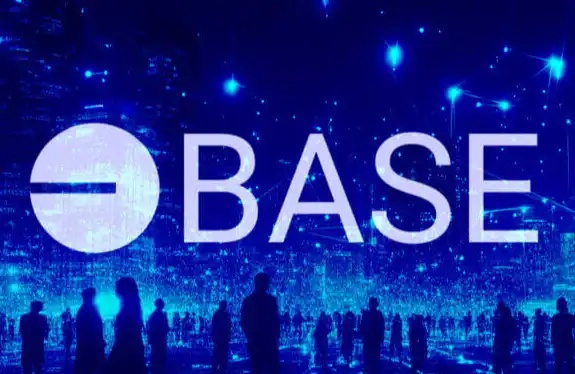After completing RaaS integration, where will the sustainable demand for Celestia come from?
Original author: @smyyguy
Original translation: Luccy, BlockBeats
Editor's note:
@smyyguy discusses Celestia's significant success in integration and marketing in this article, pointing out the large number of chains to be launched by RaaS in the coming months. @smyyguy believes that Celestia is an excellent choice for those building Rollups and there are multiple options for using it. However, he also notes that most rollups built by RaaS will not provide users with too much demand. BlockBeats has translated the original article as follows:
I spent some time processing Celestia data and have some thoughts on the future situation.

The content you provided is:
Key Points.
· Currently, the demand is very low, but this is not a problem as the team has completed the integration of RaaS.
· The cost may be a long-term issue, where does sustainable demand come from?
· The high price auction has low efficiency, and Manta is proving the reason.
Users can access the complete dashboard by visiting the dashboard.
Background
Users can use the assigned "namespace" to publish any data to "blob". The blob contains data and other key information, including the namespace that serves as the ID of the blob. Then, users can access the data by querying Celestia's "blobspace" and filtering specific namespaces. The namespace can be in hexadecimal encoding, base64 encoding, or plain text string. Application developers can directly use plain text strings, which can directly indicate which namespace rollup is published to. 87% of all data published to Celestia was sent to 3 namespaces: · @astroglyph_io, a glyph service that allows users to publish any data to Celestia · @MantaNetwork, an OP Stack rollup launched with @Calderaxyz · 808080808080808, an unknown namespace that appears to be a rollup. Compared to that, Ethereum mainnet currently has about 15 rollups, which release 700 MB of data per day, while Arbitrum and Optimism mainnets release about 120 MB/day and 80 MB/day respectively. After the implementation of EIP-4844, Ethereum will initially support a maximum of 5,400 MB/day. Ethereum prioritizes scarce block space, while Celestia is built on abundant block space. The network has a block time of 15 seconds and a block size of 8 MB, currently supporting up to 46,080 MB/day. In other words, Celestia is currently only using 0.1% of its data capacity. For a chain created just two months ago, I wouldn't consider 0.1% usage as a worrying sign of lack of demand. The current data utilization rate is 0.1%, and the total cost is significantly low. Celestia generates about 5 TIA or $65 in fees per day. This means that Celestia users pay 0.024-0.24 TIA, or $0.31 to $3.12, for every MB of data published. Today's fees are very low, but what about the future? If Celestia achieves a daily data capacity of 46,080 MB at a TIA price of $13 per year, the network will generate approximately $5.2 million in annual fees. This is 65 times the data currently published on Ethereum. If the growth continues, users will be forced to participate in bidding wars, resulting in increased fees as user price tolerance increases. The network can vote to increase block size from 8 MB, but is limited by the number of light nodes and the maximum size bottleneck of Cosmos SDK. So, where will the 65-fold increase in demand come from? · High TPS general-purpose chain? · A group of rollups specific to applications? · A game-focused blockchain? Welcome to join the official BlockBeats community: Telegram Subscription Group: https://t.me/theblockbeats Telegram Discussion Group: https://t.me/BlockBeats_App Official Twitter Account: https://twitter.com/BlockBeatsAsia
Current On-chain Activities
Celestia was only launched two months ago. So far, users have published data in a total of 56 namespaces. We can see that users are publishing 30-50 MB of data to 3-6 namespaces every day.
Fee
User Requirements




 Forum
Forum Finance
Finance
 Specials
Specials
 On-chain Eco
On-chain Eco
 Entry
Entry
 Podcasts
Podcasts
 Activities
Activities
 OPRR
OPRR








